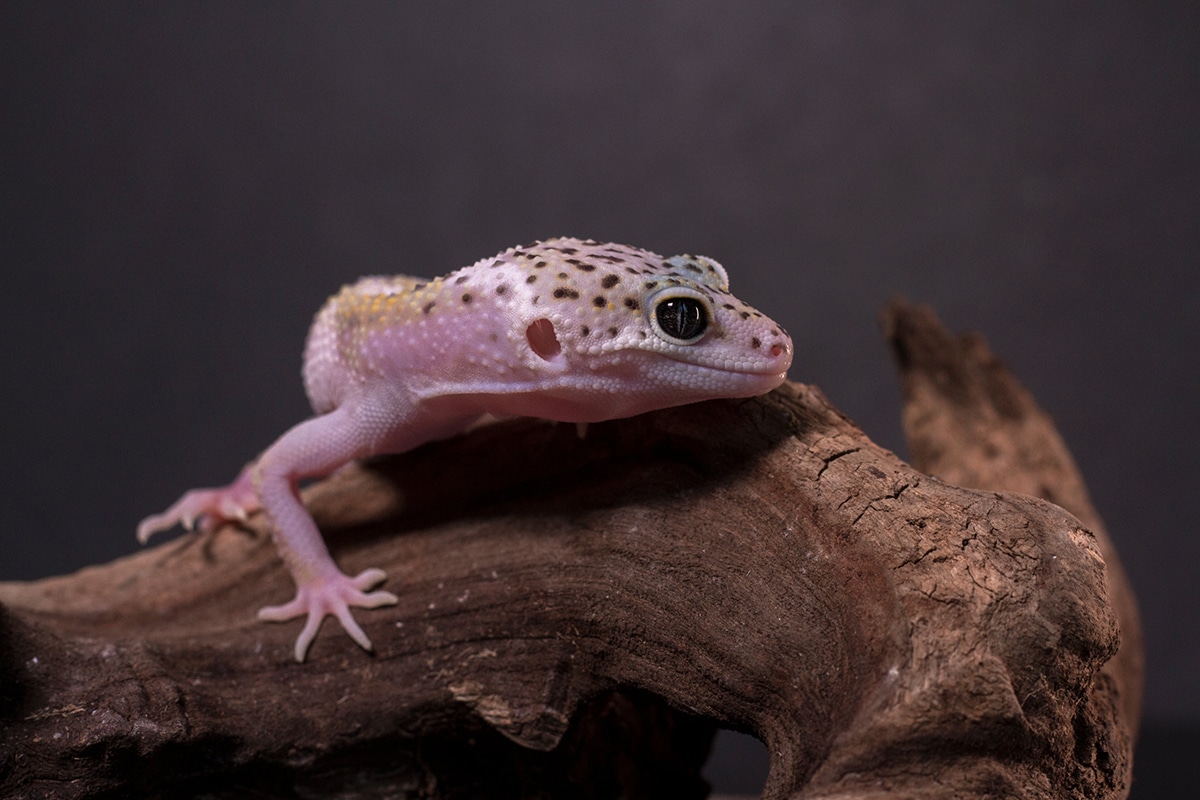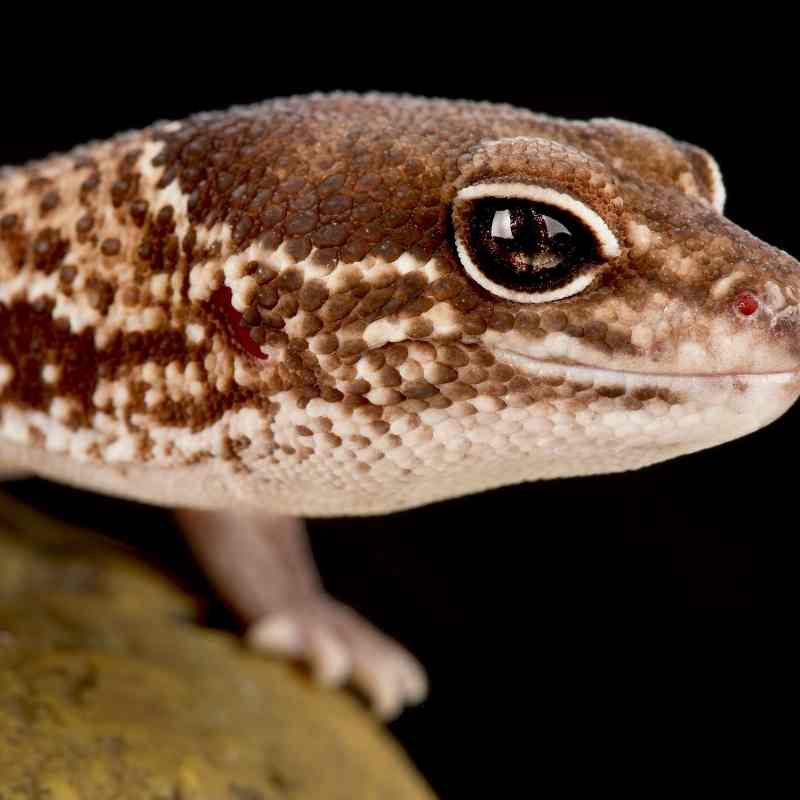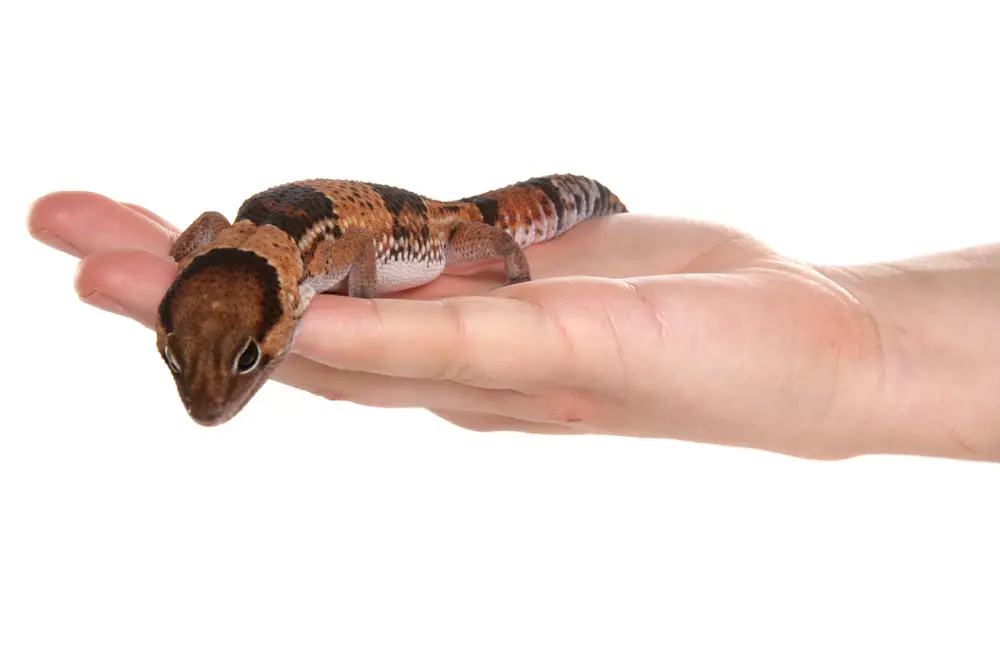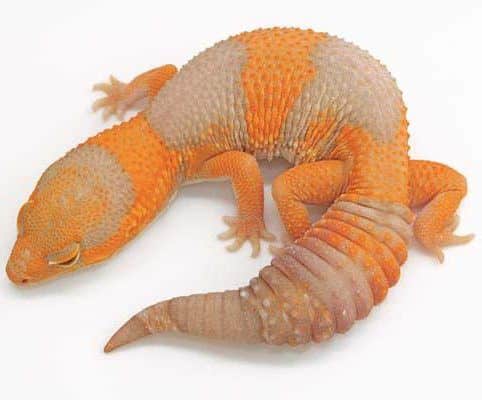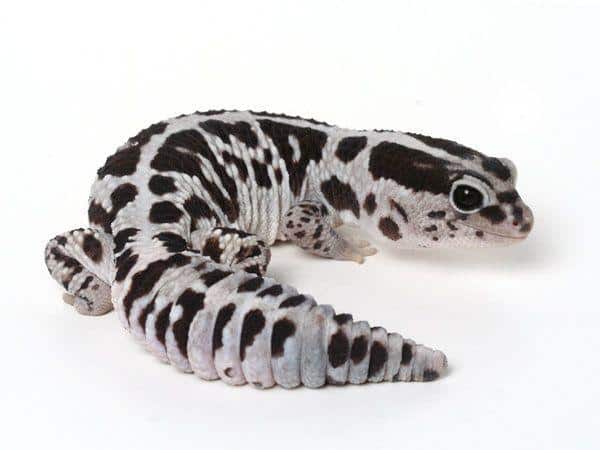African Fat-Tailed Gecko Mouth Rot: Signs & Treatment
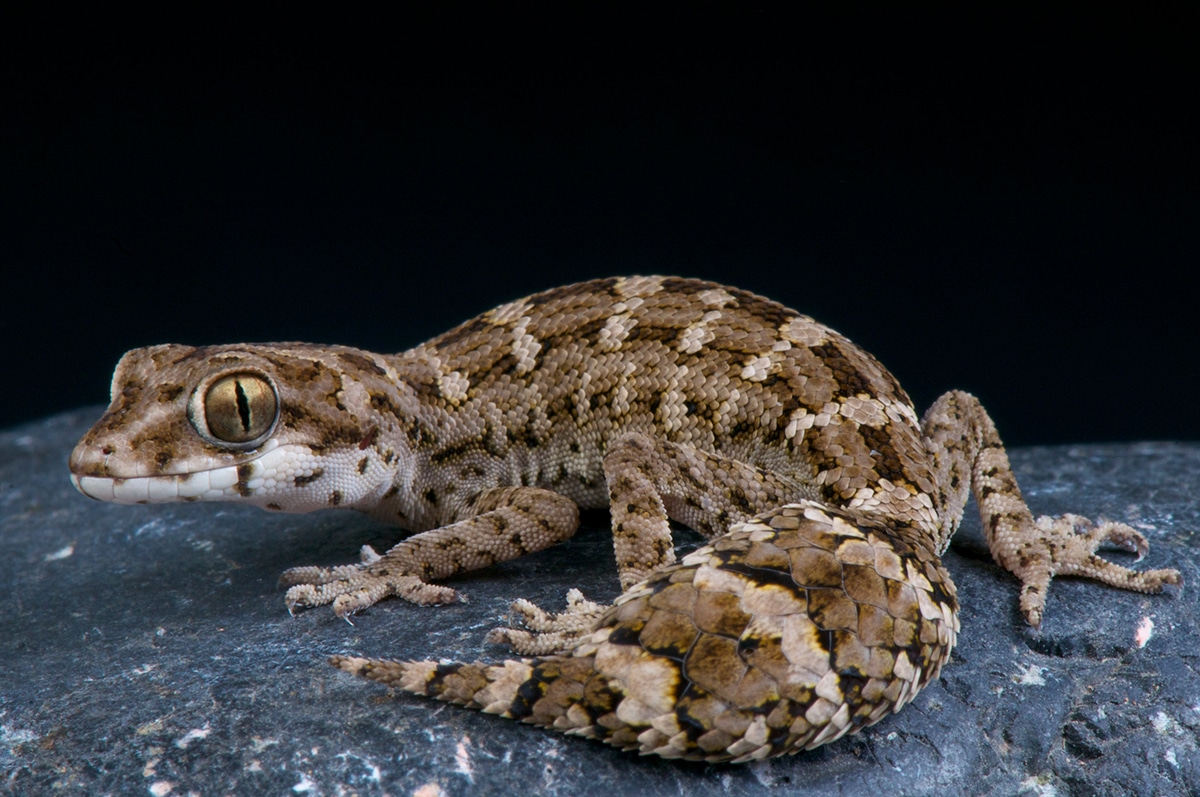
Loved for their docile disposition and willingness to be handled, African fat-tailed geckos are becoming increasingly popular for reptile lovers across the globe. However, despite their undisputed adorability and hardiness, these pets are susceptible to several diseases, with mouth rot being the most common.
Mouth rot is a common infection affecting reptiles that usually arises when a Gecko’s immunity is weakened and can no longer keep oral bacteria under control. Factors like poor diet, oral injuries, or imbalanced temperature and humidity often lead to reduced immunity and a risk of infection.
If you want to know more about mouth rot in geckos, you couldn’t be in a better place. Read on for an in-depth analysis of the condition and how to treat it to keep your beloved African fat-tailed gecko healthy.
Contents
What Is Mouth Rot?
Mouth rot is a bacterial infection of the mouth, one of the most common medical conditions affecting reptiles. When their immune system is compromised, lizards, snakes, turtles, and several other reptiles can come down with the condition.
Once your African fat-tailed gecko’s immunity has been compromised, it will likely develop a mouth infection. That’s because when a reptile is weak, it won’t be able to maintain a healthy balance of bacteria in the mouth, thus leading to infection.
Some factors that lead to mouth rot in African fat-tailed geckos include a poor diet, improper humidity and temperature levels in your pet’s terrarium, and oral injuries.
Stress due to overcrowding, negligence, or parasites in the enclosure can also lead to the condition in geckos.
While leaving the condition to heal independently might be tempting, taking your gecko to a vet is best if you suspect they have mouth rot. When left untreated, the infection can spread into the esophagus and lungs, gradually leading to several other medical complications- and you wouldn’t want that!
How To Know if the African Fat-Tailed Gecko Has Mouth Rot
The best way to know if your African fat-tailed gecko has mouth rot is to inspect their mouth regularly. If your gecko has cuts in the mouth or gums or even has some food stuck between their teeth, you might be dealing with mouth rot.
Once you spot the above sign, it’s best to look for advanced symptoms to determine whether or not you’re dealing with mouth rot.
Some of the common symptoms of mouth rot include:
- Lack of appetite
- Thickened saliva
- Yellow plaque in the mouth or gums
- Head or face swelling
- Swollen gums
- Reduced water intake
- Red mouth
- Pus coming from the nose or mouth
- Visible dead tissue
- Fatigue and lethargy
After confirming the presence of these symptoms, it’s best to call your vet and book an appointment immediately. A consultation with a vet will reveal the severity of the condition and whether the rot has spread to other parts of your gecko’s tiny body.
Therefore, try to take your African fat-tailed gecko to a doctor once you confirm at least two of the above symptoms.
How To Treat Mouth Rot in the African Fat-Tailed Gecko
Treating mouth rot in the African fat-tailed gecko requires professional assistance. So, once you’ve taken your gecko to the vet, the veterinarian will physically examine them to determine the extent of the infection.
If the problem is mouth rot, your vet will most likely deep clean your pet’s mouth, paying close attention to plaque build-up around the teeth and other areas that appear severely affected.
An antibiotic injection might then be administered after any abscesses (if present) have been removed from your gecko’s mouth.
However, in extreme cases, your vet might have to perform surgery to remove excessively damaged or dead oral tissues.
You’ll most likely receive topical antibiotics you must apply until the lesions in your gecko’s mouth have healed.
However, it is essential to note that the chances of the condition recurring are high if you don’t deal with the stressors that led to the disease in the first place.
Therefore, if the problem is with the terrarium’s hygiene, it’s best to clean it immediately and start cleaning it more frequently from here on out.
You should also provide your African fat-tailed gecko with a more balanced diet to boost their immune system and reduce the chances of infections.
Can African Fat-Tailed Gecko Die From Mouth Rot?
If left untreated, African fat-tailed geckos can die from mouth rot. Unfortunately, the bacterial infection might spread from the mouth to other parts, shutting down major organs and vital bodily functions like the digestive and respiratory systems.
Therefore, if you don’t take your beloved gecko to see the vet immediately after you spot the signs of mouth rot, they’ll gradually lose body condition and die.
Suppose treatment is administered after the disease has spread to other parts. In that case, the chances are that the vet will have to perform surgery to remove the affected tissue or bones. Although an operation might save your gecko’s life, it will certainly lower its quality of life and overall welfare.
Even your gecko’s eyes can be removed when the rot spreads from the teeth to the jaw and head. Therefore, the best cause of action is to rush your African fat-tailed gecko to the vet the moment you identify the symptoms of mouth rot.
What Things Not To Do to To Avoid Mouth Rot
Although hardy, your African fat-tailed gecko is still susceptible to various illnesses, hence the need to take good care– at least if you want to prolong its life and avoid the treatment table.
Below are things to avoid when dealing with fat-tailed geckos:
Don’t Force Your African Fat-Tailed Gecko To Adapt Quickly
When dealing with all pet geckos, the golden rule is to practice patience and allow the pets to acclimate to new environments. While your new tiny friend will be shy at first and hide in their enclosure, chances are they’ll get used to the new settings and be more comfortable around you.
If you put too much pressure on them or try to handle them before they trust you, you could stress them out, making them more susceptible to developing an infection.
Do Not Neglect Your African Fat-Tailed Gecko
It’s highly advisable to begin handling your African fat-tailed gecko as soon as possible, especially if you want to create a bond that’ll last a lifetime. However, it’s also important to remember to gain your gecko’s trust before grabbing and pulling them out of their enclosure.
Still, avoiding contact with your gecko means you won’t be well-placed to notice infections like mouth rot before the symptoms become advanced. So, start building trust with your gecko by placing your hand in the tank and waiting for them to come to you. Then, keep practicing until your gecko trusts you enough to hop into your hand on their own.
Do Not Compromise Hygiene and Terrarium Conditions
As we’ve established throughout this article, African fat-tailed geckos develop mouth rot due to many stressors.
Still, poor terrarium hygiene or extreme temperatures and humidity can stress your gecko and lower its immunity, increasing the chance of mouth rot and parasitic infestation. So, to decrease the number of potentially hazardous bacteria or parasites in your gecko’s enclosure and keep your reptile comfy, clean frequently, and thoroughly.
Wrapping Up
Now that we’ve taken an in-depth look at mouth rot in geckos, the ball is firmly in your court to ensure the terrarium is suited to the unique needs of your beloved African fat-tailed gecko.
Remember to take your gecko in for regular consultations with the vet and keep a keen eye on its mouth and overall behaviors to detect infections early.
It’s also advisable to clean your gecko’s terrarium as frequently as possible to prevent parasitic infestation, which can stress your gecko and increase the chances of mouth rot and other potentially serious conditions.
